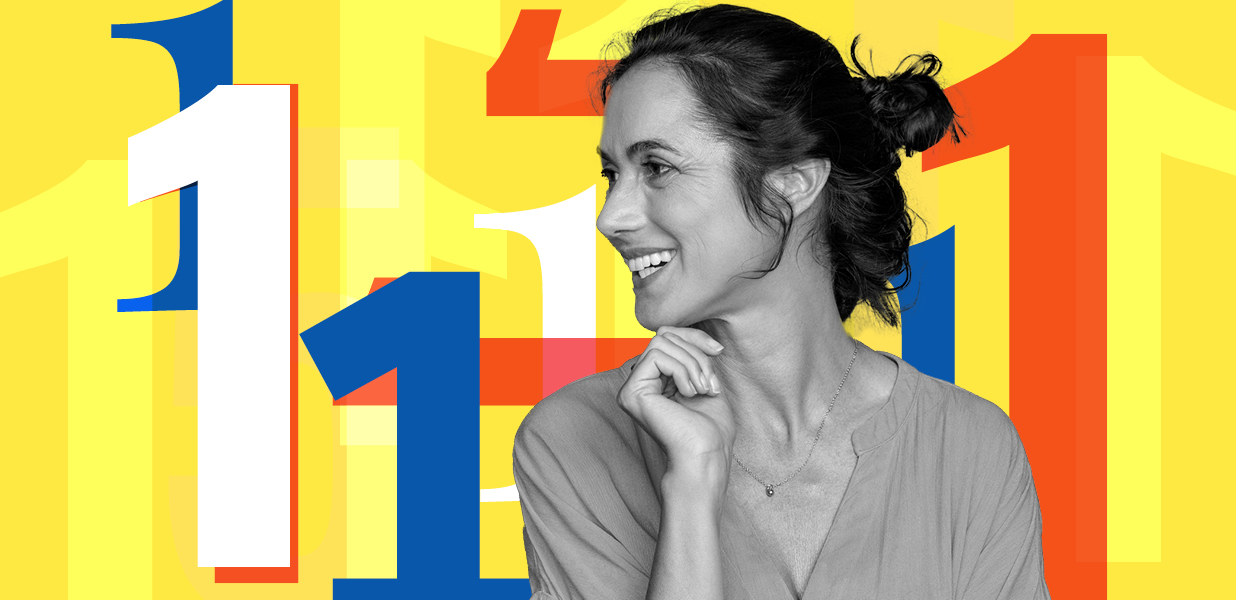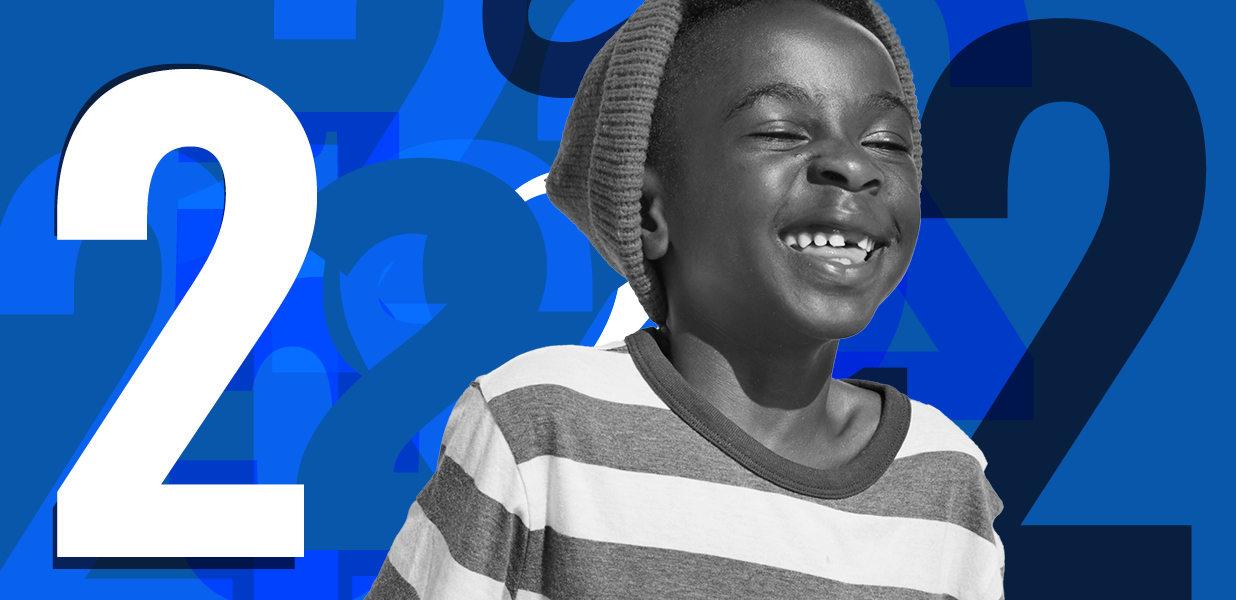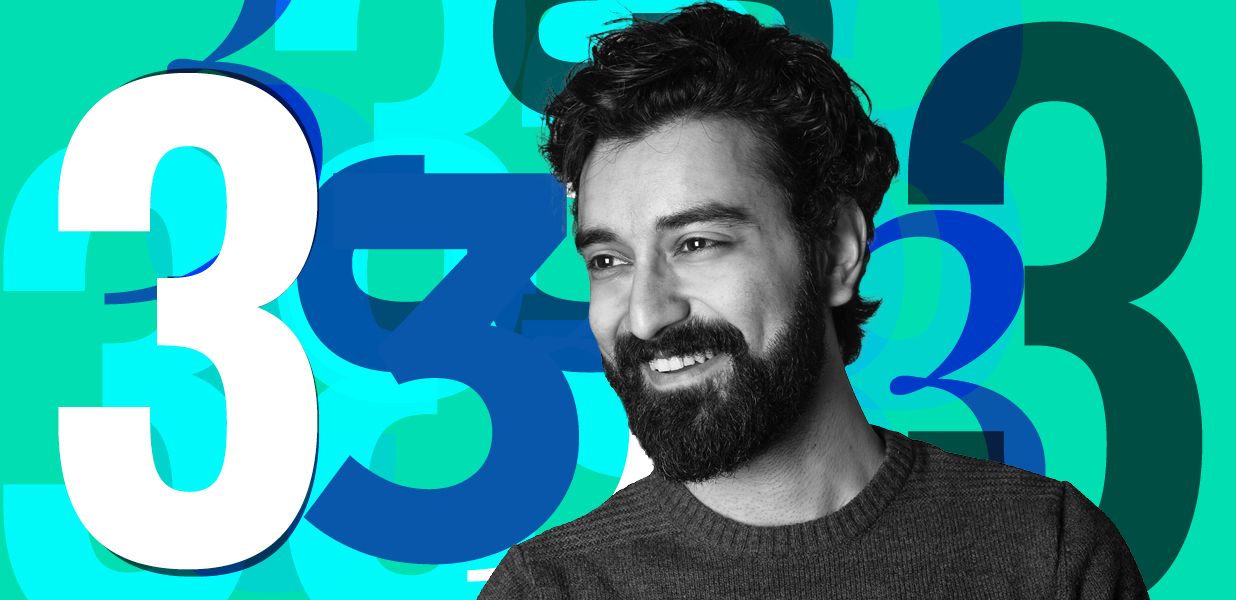Investment Masterclass: Essentials
Week 1 - Financial Foundations
Week 1 - Financial Foundations
Welcome to HL's six-week Investment Masterclass. This short course will take you through the essentials of starting your investment journey and provide you with information so you can build your knowledge, confidence and start to make your own investment decisions.
Take a look at the following video to see what the course contains and how it might support you.
Welcome to HL's six-week Investment Masterclass.
Important notes
Please be aware that this course is for educational purposes and none of the information shown is personal advice. If you're not sure which investments are right for you, please request advice, for example from our financial advisers. If you decide to invest, remember that investments can go up and down in value, so you could get back less than you put in.
This Masterclass can be completed at your own pace, though we’ll work through one lesson each week for a total of six weeks. Each week we’ll send you an email linking to that week’s lesson.
Each lesson contains a video and article full of tips and information on how to understand and manage your journey into the world of investing.
The Masterclass breakdown:
- Introduction and financial foundations
- Save or invest: what’s right?
- Account types: choosing the right one
- Investment types and how they work
- How to build your portfolio
- How to maintain and review your portfolio
At the end of each week use the recap quiz to test your knowledge and see areas you might need to revisit.
Who is this Masterclass for?
Anyone and everyone. For those starting out it’s a great start on your investment journey. For those already in the world of investing, it’s never a bad time to review the basics and keep your understanding as high as possible.
It could be perfect for you, your friends and/or family members, so feel free to share the link to this course with them.
Share this course:
Please be aware that this course is for educational purposes and none of the information shown is personal advice. If you’re not sure which investments are right for you please ask for advice. Investments can go down as well as up in value, so you could get back less than you put in. You can’t usually access the money in a pension until age 55 (rising to 57 in 2028).
Where do we begin?
Financial resilience is the perfect place to start. Just like a building, we all need solid foundations to work from when we begin something new. That’s why, before we start looking at investing, we’re going to look at the 5 key building blocks for financial resilience.
5 to Thrive
Let's face it, creating a financially secure life can feel like a daunting task.
We live in an age where there are vast amounts of information available to us at our fingertips. On one hand, we've never been in a better place to get to grips with our financial planning. On the other, our daily lives have never been busier and sometimes an overload of information can be overwhelming.
But building financial resilience doesn't need to be complicated.
We want to provide you with the tools you need to prepare for the unexpected and the long term. Our experts have provided 5 key building blocks for you to consider and to help you secure your financial future.
The five key building blocks are listed in order of priority. If you've already jumped in with some of the later building blocks, your priority will be to fill in the blanks as soon as you can. And to work out what best suits your own circumstances.
1. Control your debt
Debt isn't in itself a bad thing but ensuring you can use it for your benefit rather than being controlled by it is crucial. If it isn't managed properly, it can spiral out of control, becoming a real threat to your financial security. We've taken a look at the steps you could take to keeping it manageable.
2. Protect you and your family
Protecting your income and any loved ones is paramount when it comes to building financial resilience. If you were to pass away, become ill or suffer an injury it can have rippling effects. That's why protection insurance is so essential. So even if the worst happens, you or your loved ones have some protection.
3. Save a penny for a rainy day
It's impossible to predict when things could go wrong, so it's important to get ahead of the game by building a cash buffer for unexpected emergencies. That's your rainy-day savings pot.
4. Plan for later life
Once you've built up your short-term financial resilience, you'll need to start thinking about the long-term. That's where pension planning comes in. Building a large enough pension pot will help you to retire on your terms.
5. Invest to make more of your money
Investing gives you the chance to make your money work harder. Although this step might be the most exciting part, it's the last part of building your financial resilience. Once you've got the other steps sorted, that's when focusing on how investing could improve your future financial security comes in.
Learn more about how investing can help to build financial resilience.
Next week we’ll begin to look at investing in more detail as we help you understand reasons behind investing, how time, level of risk and much more will play into your decision making.
Test your knowledge
QUIZ: Test your knowledge
You’ve now completed the first week of HL’s Investment Masterclass. This week we covered some of the basics, and an introduction to financial resilience. Test yourself on what you have learnt this week via the questions
Question 1
Which of the following is the last of the key building blocks for securing your financial future?
One you’ve completed the first four steps of the key building blocks, you can start looking forward at investing. Investing allows you the opportunity to make more of your money. However, you must make sure your building blocks are set before you reach for the stars.
Question 2
When should you consider focusing on investing to improve your financial security?
You should only think about investing when all the other key building blocks are complete. Make sure you are in control of your debt, have protected yourself and your family, and you have set up a rainy day fund with around 3-6 months of essential expenses.
Question 3
Which of these is the first step towards financial resilience?
Debt isn’t a bad thing in itself. Many individuals and businesses use debt to fund projects, inventions and so on. However, being in control of your debt is crucially important. If it isn’t managed properly, it can spiral out of control. So, the first step of the building blocks is to understand and control your debt.
Question 4
If you don’t have the emergency savings already, when can affordable borrowing be considered an option?
Debt is for things you crucially need, rather than those things you want. It can be a sensible part of a financial plan, as long as you understand it, have borrowed in the most cost-effective way possible, know how you’re going to pay it off and can afford it.
Question 5
What is the amount of essential expenses recommended for a rainy-day fund?
It’s impossible to predict when things are going to happen. Your boiler could break, or your engine light could come on. These things are unexpected emergencies, and having a cash buffer to protect you from these things is essential. It is always advised to have around 3-6 months’ worth of essential expenditure in your rainy-day fund.
Your score
0%
Good try!
It could be worth having a look over the week’s content again.
Congratulations on completing this week’s content. Every step is progress on your investing journey.
Keep a look out for next week’s session in your inbox or move on to it now.
Nice work.
Be sure to revisit the questions you got wrong.
Congratulations on completing this week’s content. Every step is progress on your investing journey.
Keep a look out for next week’s session in your inbox or move on to it now.
Impressive!
You’ve smashed this week. Well done.
Congratulations on completing this week’s content. Every step is progress on your investing journey.
Keep a look out for next week’s session in your inbox or move on to it now.



